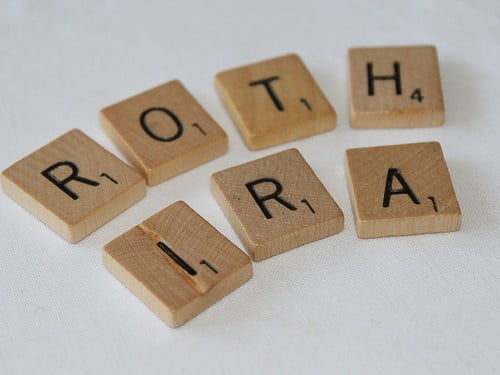Create a Basic Retirement Plan
Most personal finance experts agree that you will need about 80% of your monthly income replaced during retirement. To make that possible, it is important to save and invest throughout your working life. Want to know where to get started? Read on.




